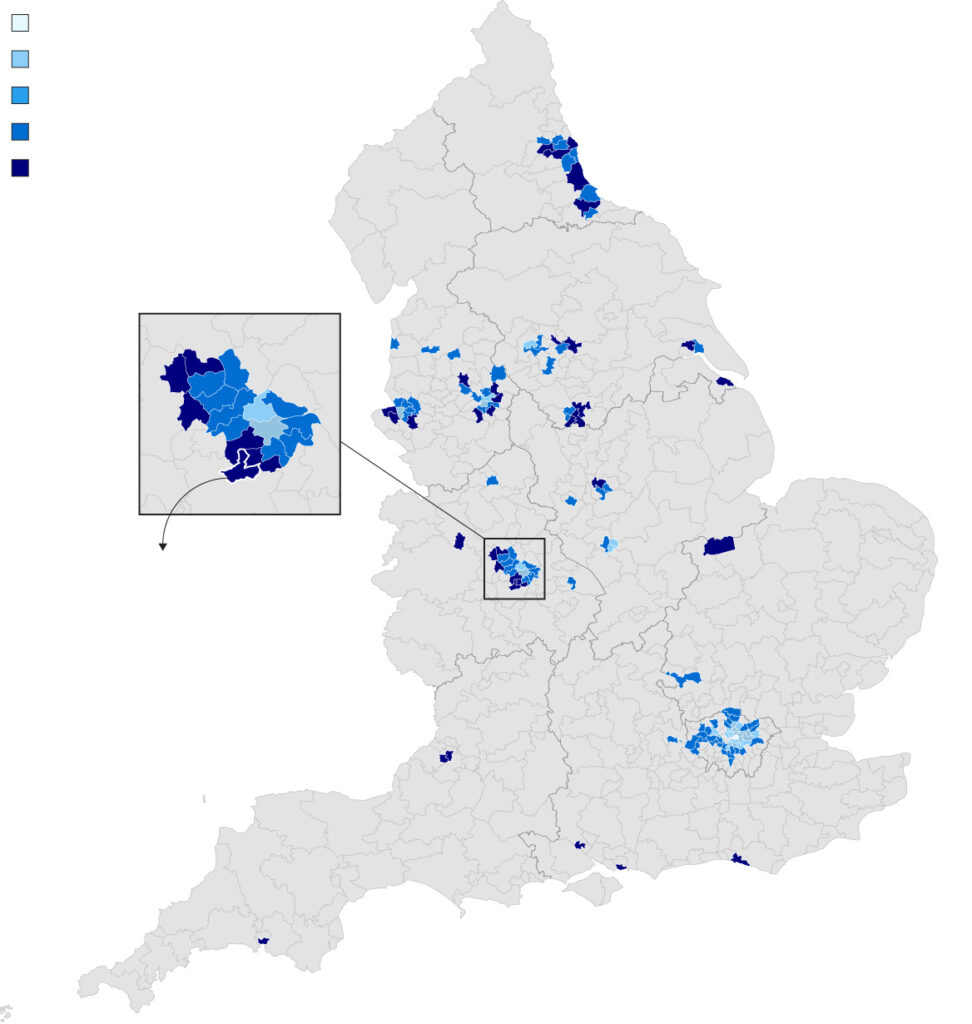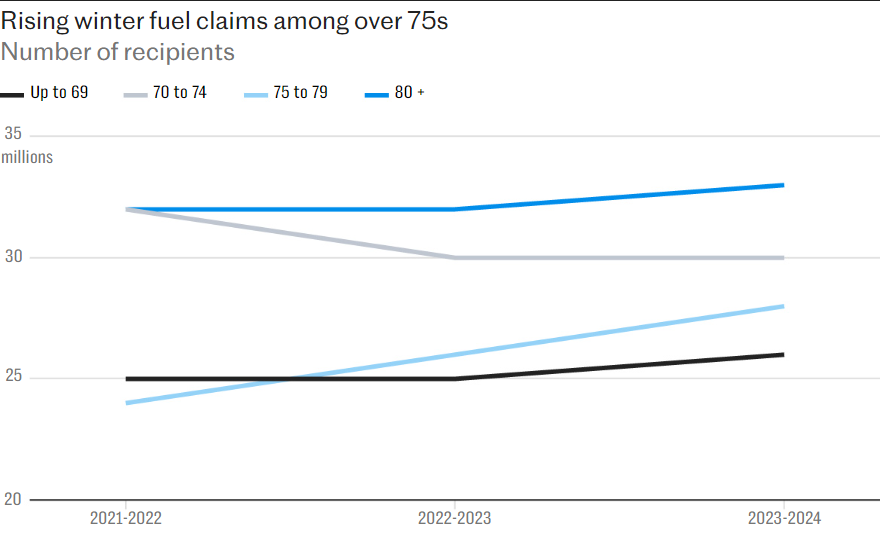
Some pensioners may be required to return hundreds of pounds in winter fuel benefits if their eligibility changes due to new measures introduced by Labour. The winter fuel payment, which provides up to £300, is now means-tested under Labour’s recent policy passed in Parliament. Chancellor Rachel Reeves confirmed that only pensioners receiving specific means-tested benefits from the Department for Work and Pensions (DWP) would qualify. However, many may unknowingly face repayment if their circumstances change.
Why You Might Have to Return Winter Fuel Payments
The DWP has outlined circumstances where pensioners may be asked to repay their winter fuel allowance. This includes failing to report changes in their situation, such as moving or no longer qualifying for means-tested benefits. Additionally, incorrect details or overpayments could result in repayment obligations. It’s crucial for pensioners to report any changes to avoid financial consequences.

What You Can Do to Avoid Repayment
Pensioners can contact the Winter Fuel Payment Centre (0800 731 0160) to report changes. For those living abroad, the DWP offers international support at +44 (0)191 218 7777. Taking action ensures that the DWP accurately tracks eligibility before distributing payments.
Expanding Eligibility
Age UK and other charities have voiced concerns about limiting the winter fuel payment to a small group. Caroline Abrahams, Director of Age UK, emphasized the need to extend the payment to more pensioners, including those on benefits such as housing support and carer’s allowance. While Labour insists on the changes, Abrahams warned that many cash-strapped pensioners could be left behind.

Government Response
The DWP assures that it remains committed to supporting pensioners, with over a million still set to receive the winter fuel payment. Additionally, the government has seen a 152% increase in pension credit claims, ensuring more people benefit from winter heating support.
For pensioners relying on the winter fuel payment, staying informed and proactive about eligibility is vital to prevent unexpected financial burdens.